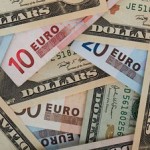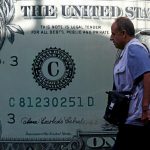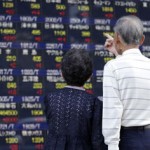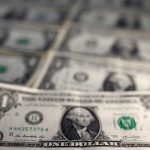Dollar edges up, but on track for weekly loss
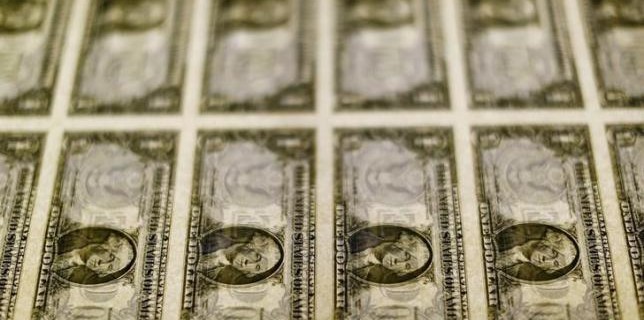
The dollar wallowed close to eight-week lows against the euro on Friday, and was poised for weekly losses against its major counterparts, after minutes of the U.S. Federal Reserve’s July meeting revealed central bank policymakers were in no hurry to hike rates.
At next week’s meeting of global central bankers at Jackson Hole, Wyoming, Fed Chair Janet Yellen is expected to reinforce the message that the Fed will raise interest rates later rather than sooner, which gave investors no incentive to buy the dollar.
“The market’s focus now is shifting to next week, the 26th, and what Yellen is going to say,” said Kaneo Ogino, director at foreign exchange research firm Global-info Co in Tokyo.
The dollar index, which tracks the greenback against a basket of six major rivals, was down 1.4 percent for the week, though it rose 0.2 percent on Friday to 94.341 .DXY. It had fallen as low as 94.077 on Thursday, its deepest nadir since June 23.
Fed officials agree that more economic data is needed before raising interest rates, although they were generally upbeat about the U.S. economic outlook and labor market.
Saying he is in no hurry to raise rates, San Francisco Federal Reserve Bank President John Williams nevertheless warned that the economy could overheat if rates are kept low for too long, like a party at which the host fails to remove the punch bowl.
New York Fed President William Dudley said strong employment and a long-awaited return of middle-wage jobs suggest the labor market is tightening and the broader U.S. economy is on track, and earlier this week, he said it was “possible” for the central bank to hike rates at the Sept. 20-21 meeting.
Data on Thursday showed the number of Americans filing for unemployment benefits dropped more than expected last week.
Despite improving labor conditions, economists see the December meeting as the most likely time for a rate increase, after the U.S. presidential election in November, according to a Reuters poll last week.
The euro EUR= slipped 0.2 percent to $1.1335 EUR=, but still within sight of its overnight high of $1.1366, its loftiest peak since June 24. It was on track to gain 1.6 percent for the week.
The dollar clawed back some losses against its Japanese counterpart, rising 0.4 percent to 100.24 yen JPY=, though it was still down 1 percent for the week.
“Some Japanese investors, commercial orders, are still interested in buying dollars on any move to 99 yen, so some short-term guys are not testing the downside today,” said Global-info Co’s Ogino.
With an eventual U.S. interest rate hike on the horizon, Bill Northey, chief investment officer of the private client group at U.S. Bank in Helena, Montana, said the U.S. currency could appreciate to 110 yen by the end of the year.
“Yen strength has been dramatic and almost perplexing, given the different paths of monetary policy. We would expect to see the dollar/yen strengthen,” Northey said.
Japan’s top currency diplomat, Vice Finance Minister for International Affairs Masatsugu Asakawa, repeated on Thursday that Japanese financial authorities were watching for speculative currency market moves and would respond if needed.
Asakawa said it was easy for markets to become volatile given low liquidity during the summer holidays.
“On net, we think that JPY-selling intervention is likely, if USD/JPY declines to 95-96 (before the Bank of Japan’s next monetary policy meeting on September 20-21),” Tohru Sasaki, head of Japan market research at JPMorgan Chase Bank’s Tokyo Branch said in a note.
“Ahead of the U.S. presidential election, however, given the hardship for Japan to conduct a large and sustainable USD-buying/JPY-selling intervention, intervention, if any, would be relatively small and one-off just aimed at smoothing,” Sasaki said.
The Australian dollar AUD=D4 skidded 0.6 percent to $0.7640, down slightly for the week.
Pressuring the Aussie, Moody’s Investors Service on Friday lowered its outlook on Australia’s banks to negative from stable, warning of sluggish profit growth.
Source: Reuters









